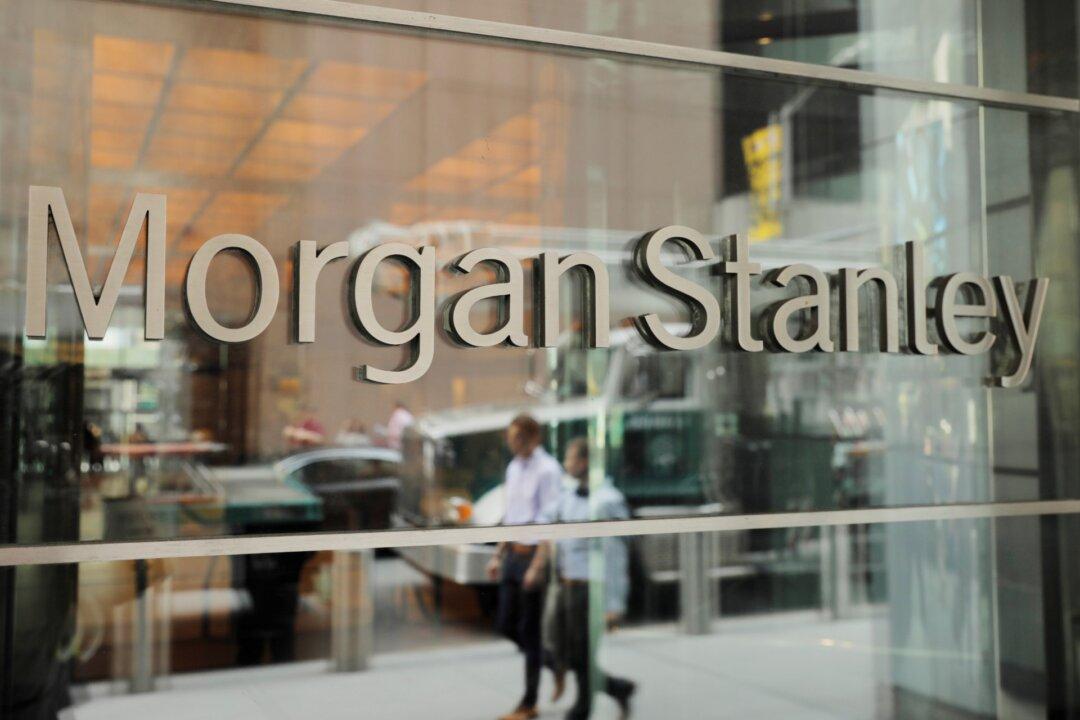Goldman Sachs and Morgan Stanley said on March 27 they had received the final regulatory approvals to take majority stakes in their China securities joint ventures.
The approvals come as policymakers and authorities step up efforts to shield the world’s second-largest economy, battered by the CCP virus pandemic.





